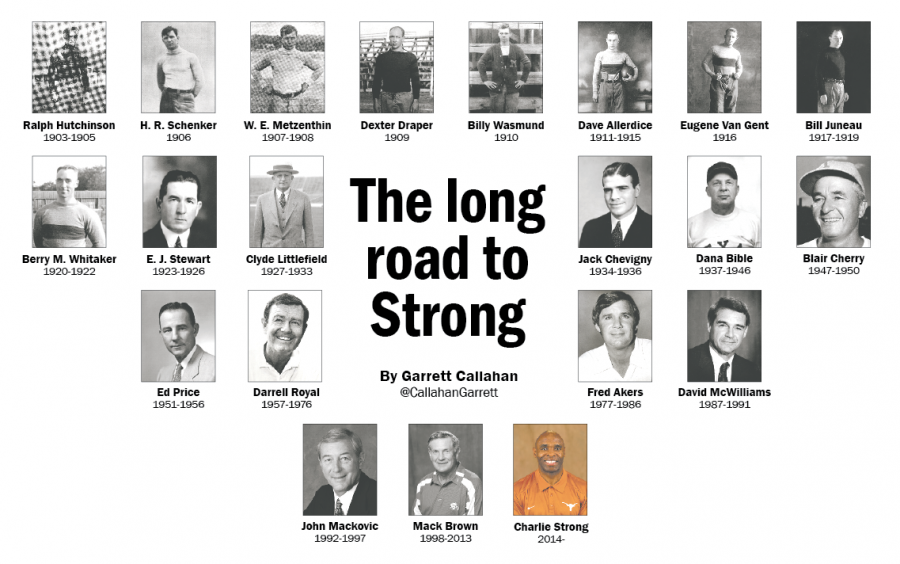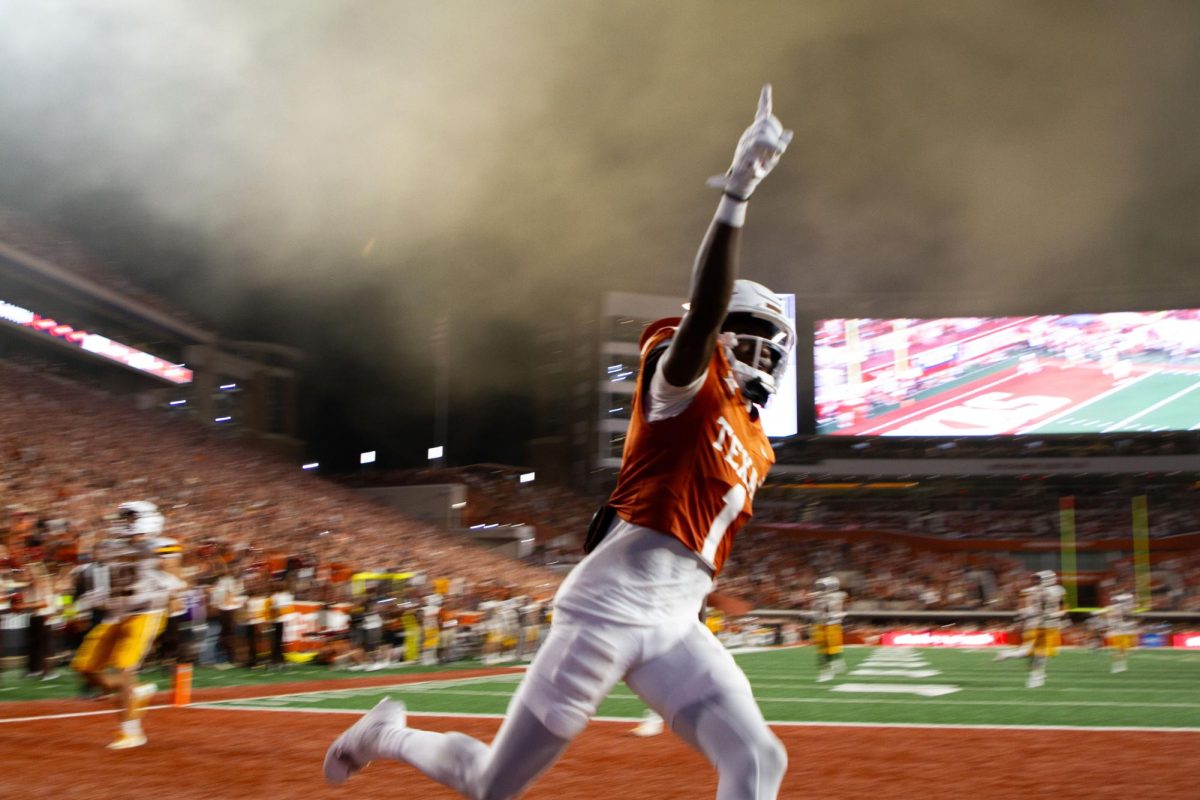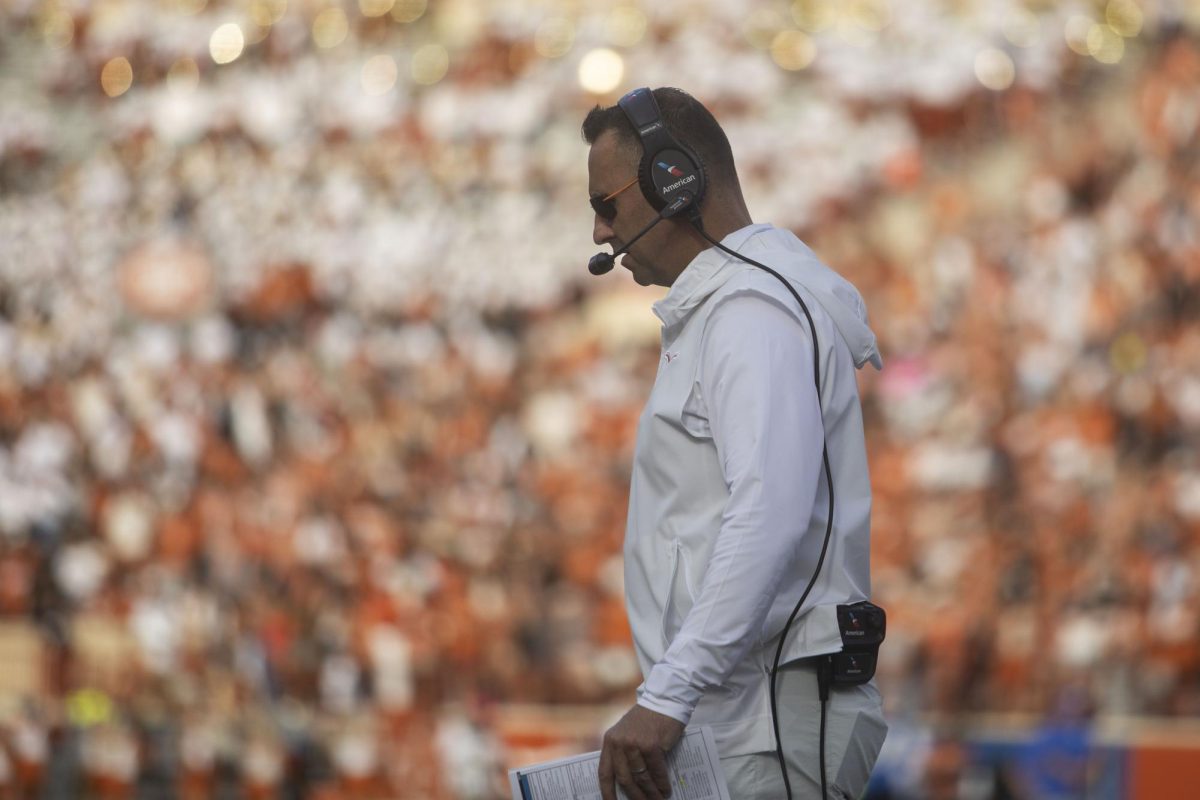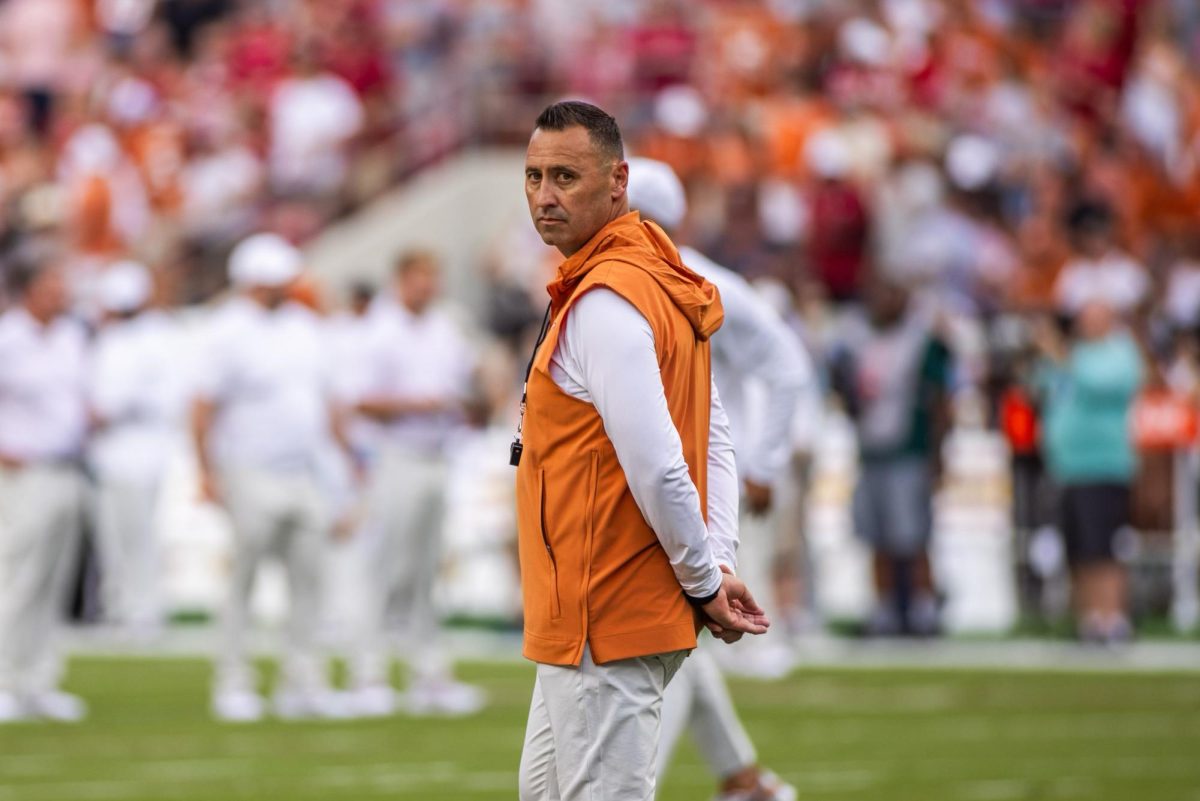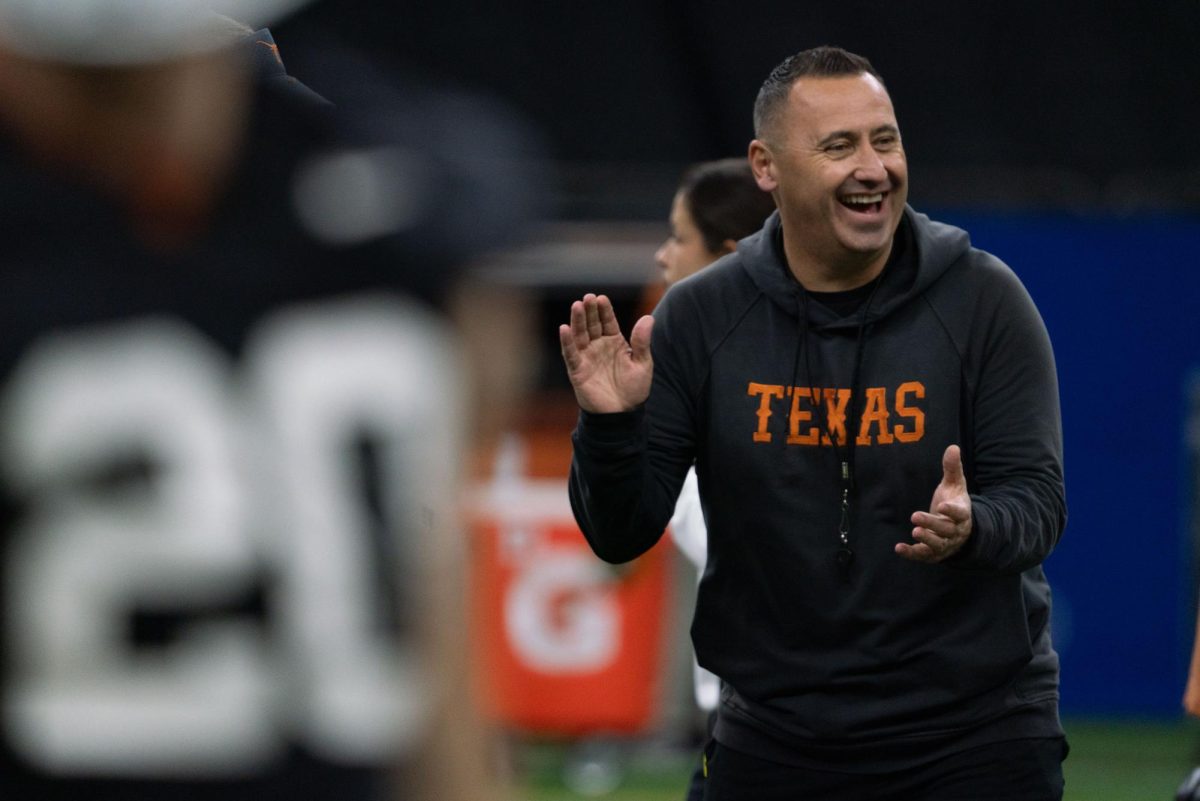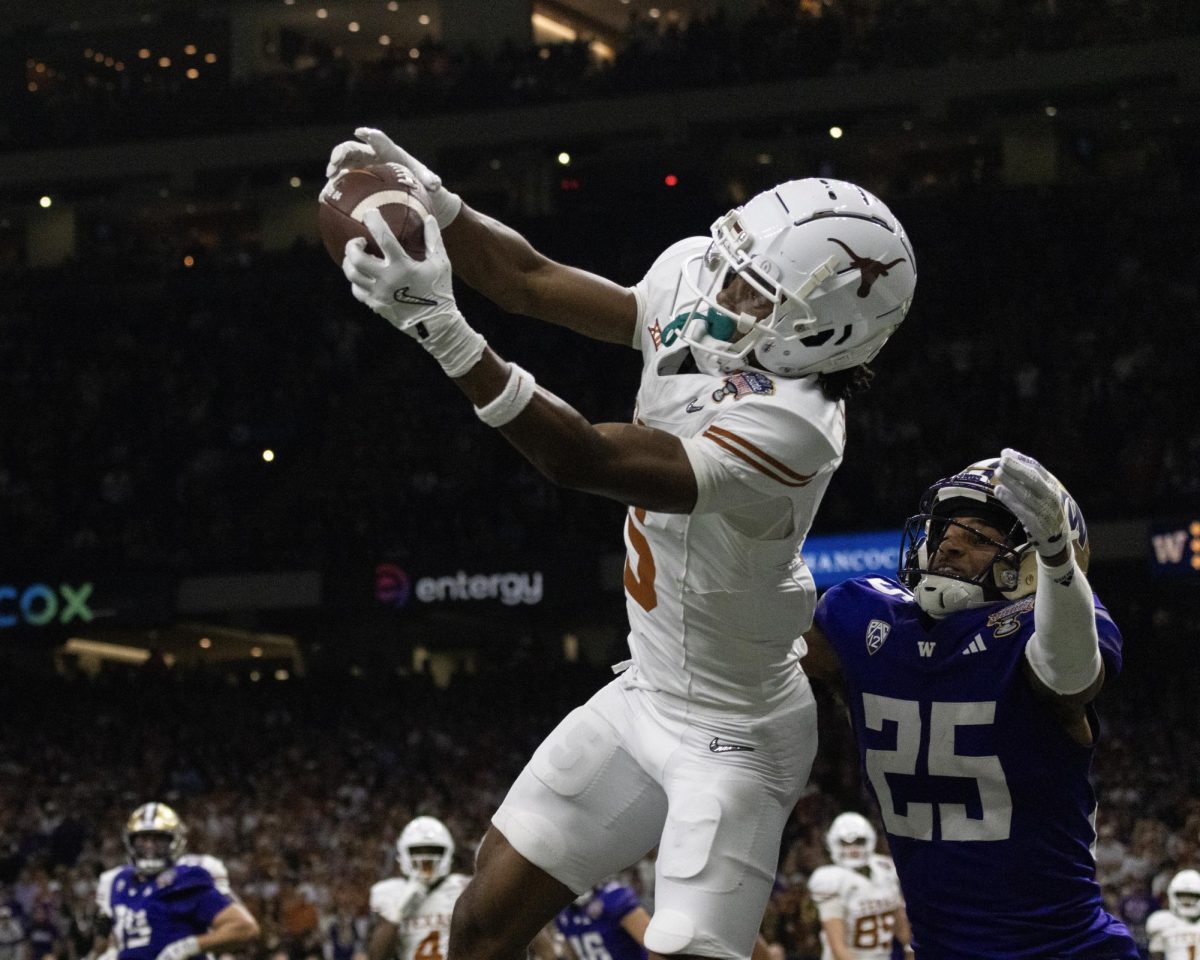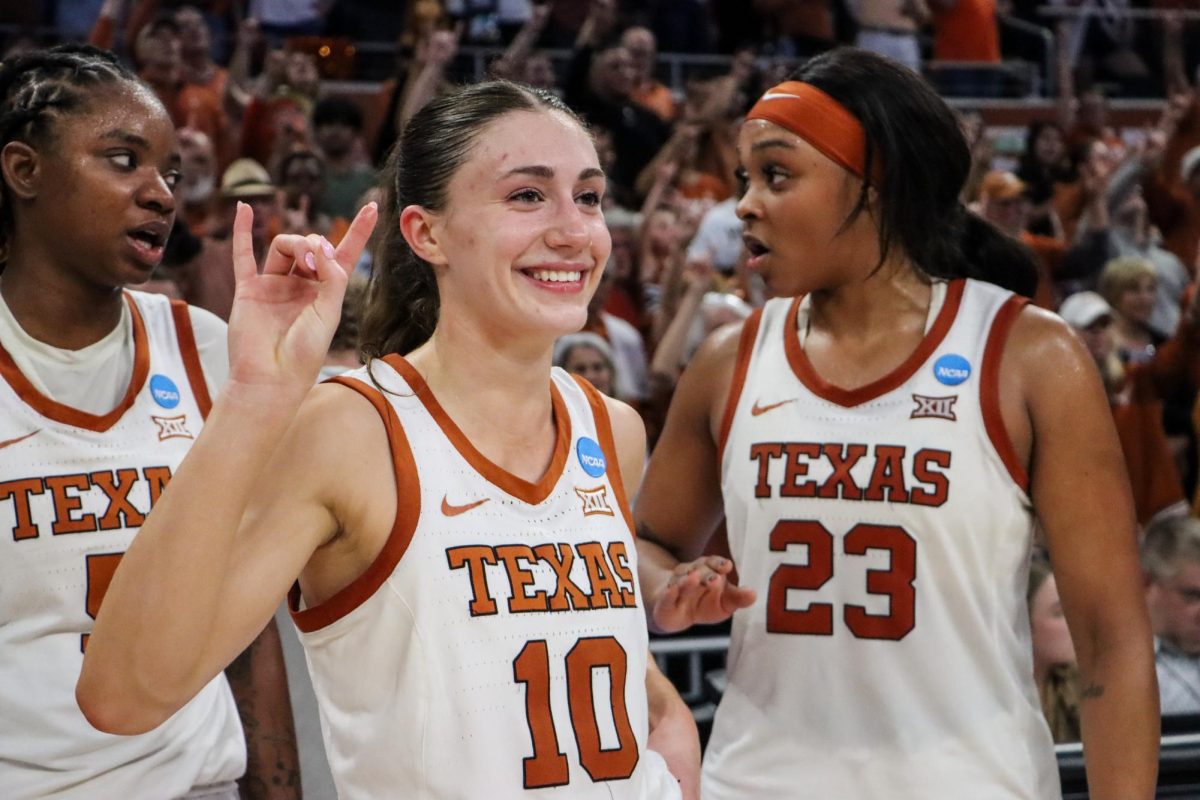UT’s first football team in 1893 didn’t have a coach.
Some aspects of the game were different then: Field goals were worth more points than touchdowns, and it was played almost exclusively by wealthy, upper-class white men with Ivy League connections.
Since that inaugural season, Texas has had 29 different head coaches — 21 since the team became known as the Longhorns starting in 1903 — and earlier this month, it hired Charlie Strong, the University’s first black head football coach.
“College football is changing, and everybody’s welcoming change and they should,” Strong said in his Jan. 6 introductory press conference. “People are being given opportunities and they know it. There is always going to be a first somewhere, so this had to be the first.”
Strong will coach his first season a full 120 years after Texas’ first head coach, R.D. Wentworth, coached his. Strong has been involved with college football since 1983, when he was a graduate assistant at Florida. He has witnessed the slow progression of the nation’s most popular college sport, which has made great headway among black athletes, but little with black coaches. In the 2012-2013 academic year, about 47 percent of DI college football players were black, according to the NCAA. Meanwhile, only 13 out of the 120 head football coaches in the FBS — or about 11 percent — were black in 2013.
Texas integrated its athletics programs in 1963, but it wasn’t until 1970 that Julius Whittier became the first black football player for the Longhorns, paving the way for players such as Earl Campbell in 1974.
College football has a more traditional, network-driven, way of hiring new head coaches, compared to professional sports like the NFL. The NFL’s Rooney Rule, which was established in 2003, requires teams to interview minority applicants when filling a vacant head coaching or senior operations position. The NCAA has no such rule in place.
Sociology professor Ben Carrington, whose research focuses on race and sports, told The Daily Texan in May 2012 that UT hiring a “well-paid, well-qualified black head coach is the day we can really say we’ve changed.”
Now, less than two years later, Texas has made that change and Carrington believes it has come from the hiring of newly appointed men’s head athletic director Steve Patterson.
“It’s interesting that Steve Patterson has come from the professional sports world,” Carrington said. “Most of his experience is in the NBA and the NFL. And now, within four weeks, Steve Patterson had appointed an African-American head coach, which hadn’t happened in the history of UT until then. So I don’t think that’s a coincidence.”
But Carrington said he believes the true test of this historic moment will be if Strong and other African-American head coaches are given a second chance if they fail in their first attempt.
“I will say it will be a historic moment when these head coaches have bad seasons and they are rehired by somebody else if they are fired after that down turn,” Carrington said. “I think that will be when that notion that there is a question mark against these African-American head coaches will be truly gone. This is only a good first step.”
Strong, still adjusting to his new job in Austin, is now faced with his biggest challenge in what was former head coach Mack Brown’s strong suit: networking. Even after a disastrous 5-7 season in 2010, Brown kept his job for three extra seasons, partly by staying in the good graces of boosters.
Strong, on the other hand, has already come under fire from boosters less than a month after his appointment. Red McCombs, who has donated more than $100 million to the University, spoke out against Strong's hire a few days after the announcement, calling it a “kick in the face,” which he later apologized to Strong for.
In the end, Strong’s ability to win football games may quiet the doubters and prove that he is the right coach for the job.
“Change takes time,” said Paul Hewitt, past president of the Black Coaches and Administrators organization. “But, that is the beautiful thing about sports, the good coach will always show. The scoreboard is the ultimate decider.”
Strong has recognized the historical significance of his hire. He understands his part in the changing world of college football, but, for him, the most important thing he has to do is what he was hired to do — coach football.
“[The world] has changed and it will continue to change,” Strong said at his press conference. “That’s what it’s all about. A lot of times people look at it, just being the minority. I’m just a football coach, a football coach directing young people’s lives and I want to change lives. That is the only thing I’m looking to do.”
Clarification: Red McCombs' comments have been clarified since the original posting of this story. McCombs criticized the decision to hire Strong.



